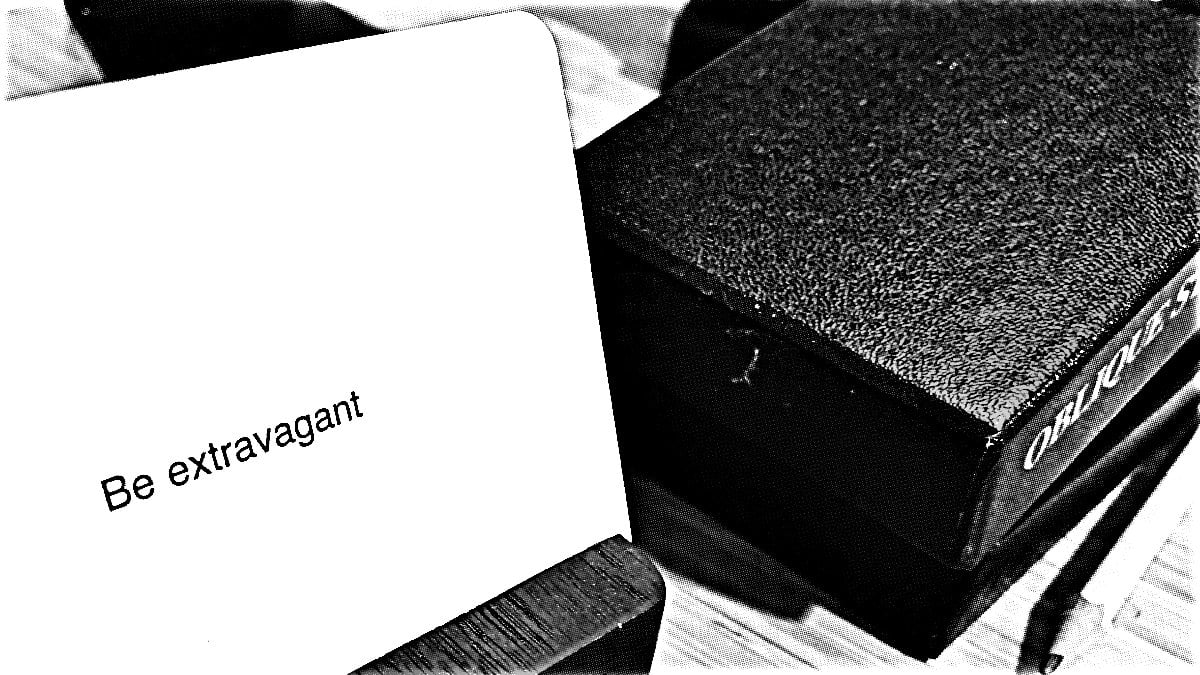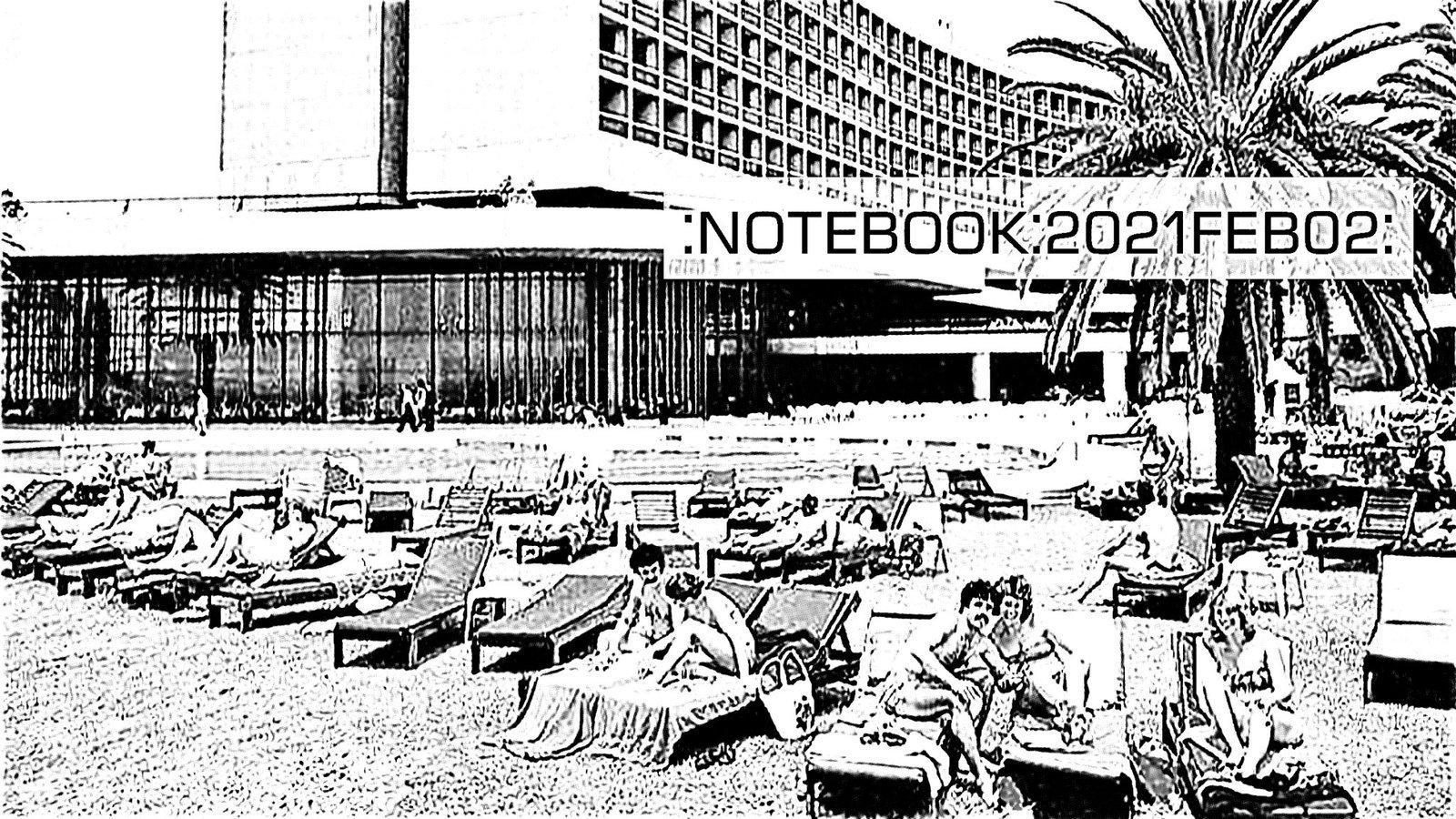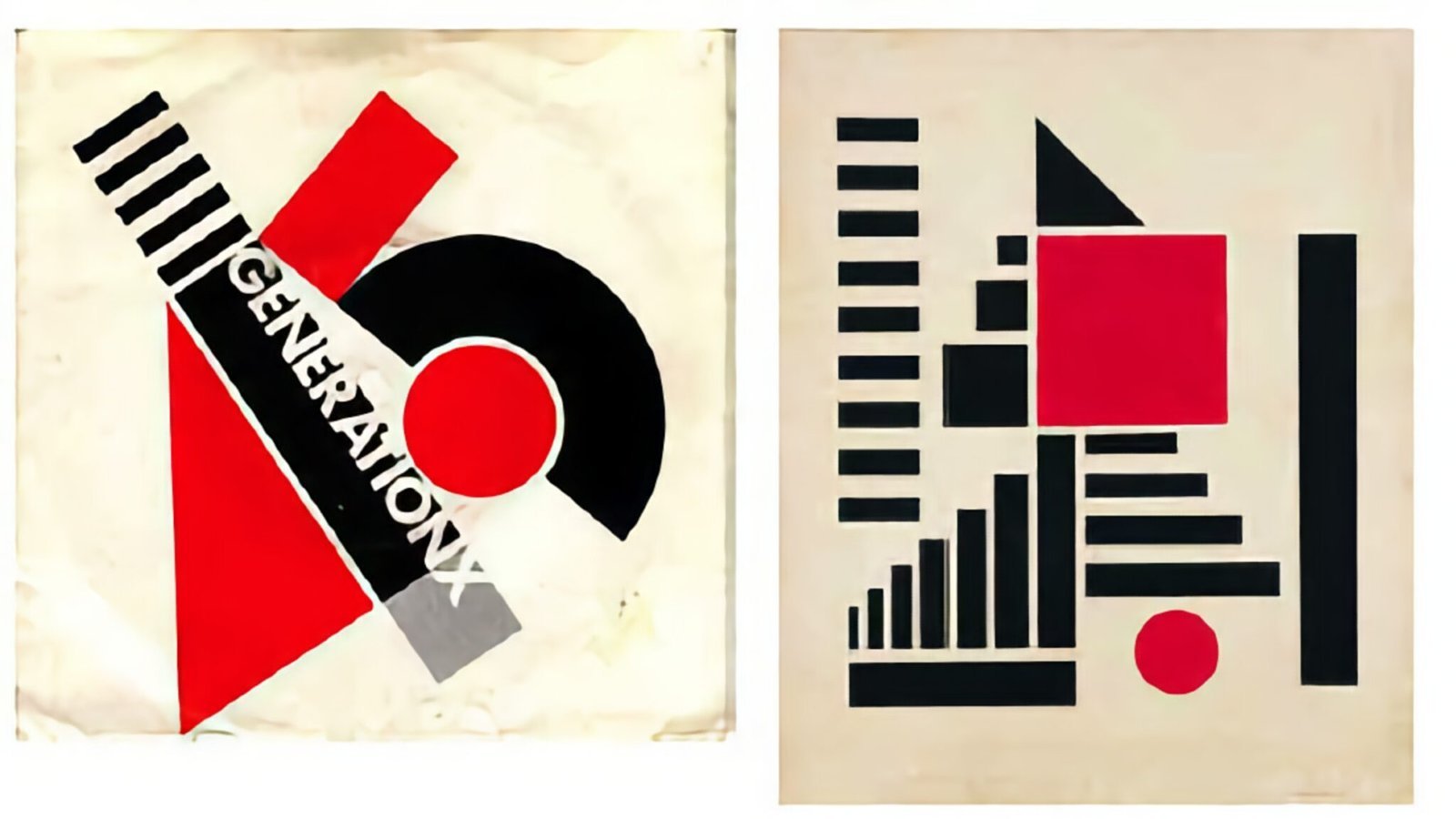
There’s nothing here, and it’s like I’ve tumbled into an invisible thicket. I call this blog danger, loosely defined as an inescapable aura of demise in the face of consistency. Can I bring a date to the relaunch? Because that’s what I’m promising—a blog anew, updated and worthy of apprehensive glances. I could go into where I’ve been, but my explanation isn’t worth your time. It’ll come off as moan moan moan been so busy my eyes are a mess fatigue is the mind-killer and so on and on and on. Let’s assume (please) that I’m trying for real this time. Mocking is appropriate if it doesn’t work out.
I hate saying that I’m adopting a different tone and narrative strategy, but here we are. I’ve been thinking so much about writing these past several months. Tomes have been composed in my head, endless scrolls like ones pouring out of Kerouac’s typewriter, scotch-taped thoughts and brain flowers. Cut-ups, nonsense, and language experiments. That’s what I’ve always wanted to do, this fascination with wooooords and how they woooooork. I guess I’ve been held back by the imagined you, the reader, when the blog should exist more as my exercise (and exorcism).
It’s funny because I can point to all the different phases 8sided.blog has gone through in content and style following each of my random disappearances. This was once a music news blog, then a hot-takes-on-music-news blog, then a little more review-y, a little more interview-y, and occasionally link-bloggy. I never know exactly what the blog should be, which is both the best excuse for slacking and a technique for success. If I leave my space undefined, then where’s the measure of failure? There’s also laziness in the haziness, especially with all the previously alluded-to moan-moan stuff going on. But the key, I think, is to leave this without a purpose or goal and trudge forward valiantly, imagined reader be damned.
Man, I need this blog. I need to make this blog. Writing here, no matter how pretentiously and haphazardly, makes me feel like a special human being. And blogs these days are a kind of resistance—a thumbed nose at the tech brahs and the corporate interests and the sequential swiping up and discarding of beloved online journalism. I’ve had it with that shit. Staying quiet is no longer an option when I could be brusquely blogging on this here ‘indie web.’ Hoist the flag; I’m sailing the high seas.
What’s different? I’m thinking of adding some color and a bit more artsy-ness to the look of this thing. Some playfulness. There will be a lot more music—reviews, interviews, and whatnot in that signature pretentious and haphazard style. I’d like to get more personal about what I’m doing on this Earth, though I rarely leave my tiny patch of it anymore. In that regard, the challenge is to add fire to the unexciting. That’s where those language experiments fit in. And there will be links, and comments on links, and perhaps a word or two(thousand) on the links that give me heart palpitations.
That’s it. Let’s get this show on the road. Relaunch engaged, and hopefully (ha) I’ll be back tomorrow.








